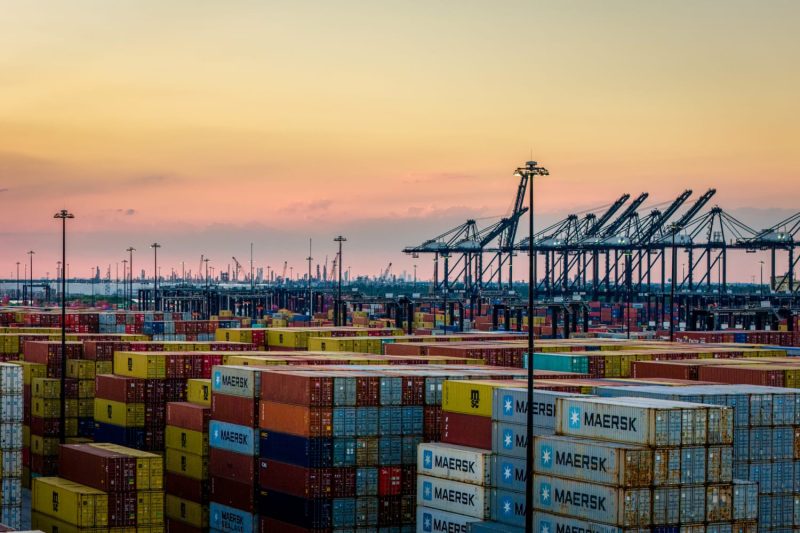The recent marine strike that has been looming over the East Coast ports has raised concerns across the region. With a potential impact on various industries and supply chains, the maritime strike could disrupt the flow of goods and services, leading to significant economic repercussions. In this article, we will explore the implications of this major event and examine its potential consequences on ports along the East Coast.
The strike threatens to paralyze key ports, including major hubs like New York, Port of Newark, and Philadelphia. These ports play a crucial role in facilitating trade and commerce, serving as vital gateways for imports and exports. A disruption in their operations could have far-reaching effects on businesses, consumers, and the overall economy.
One of the primary concerns surrounding the maritime strike is its potential to cause delays in shipping schedules. Cargo ships may be unable to unload their goods or pick up new shipments, leading to backlogs and congestion at the ports. This, in turn, could lead to shortages of essential goods, increased costs for businesses, and delays in the delivery of products to consumers.
Moreover, the strike could result in financial losses for companies that rely on timely deliveries and just-in-time inventory management. Industries such as retail, manufacturing, and agriculture may face challenges in sourcing raw materials and shipping finished products to customers. Small businesses, in particular, could be disproportionately impacted by the disruptions caused by the strike.
The uncertainty surrounding the duration of the strike adds to the complexity of the situation. If the strike persists for an extended period, it could have a cascading effect on the broader economy. Suppliers, distributors, and retailers may struggle to adapt to changing market conditions, leading to ripple effects throughout the supply chain.
In addition to the economic impact, the strike could also pose a threat to national security. Ports are critical infrastructures that are vulnerable to disruptions, which could be exploited by malicious actors or hostile entities. Ensuring the resilience and security of these ports is essential to safeguarding the flow of goods and protecting the nation’s interests.
In response to the looming threat of the maritime strike, stakeholders across the industry are closely monitoring the situation and preparing contingency plans. Collaboration between port authorities, shipping companies, labor unions, and government agencies is essential to managing the crisis effectively and minimizing its impact on the economy.
In conclusion, the potential maritime strike along the East Coast poses a significant risk to ports, industries, and supply chains. The disruption in operations could lead to delays, shortages, financial losses, and national security concerns. Proactive measures and effective coordination among stakeholders are essential to mitigating the impact of the strike and safeguarding the resilience of the maritime industry.
—
This article provides an analysis of the potential implications of a maritime strike on the East Coast ports, highlighting the economic, operational, and security challenges that could arise from such an event. It emphasizes the importance of collaboration and preparedness in managing crises of this nature.


































